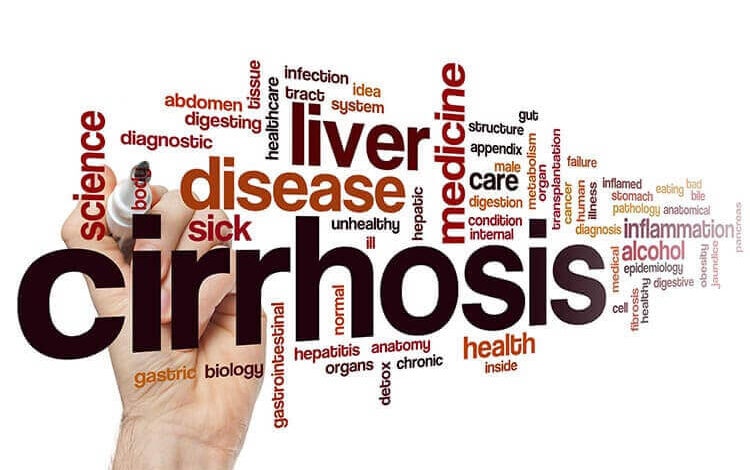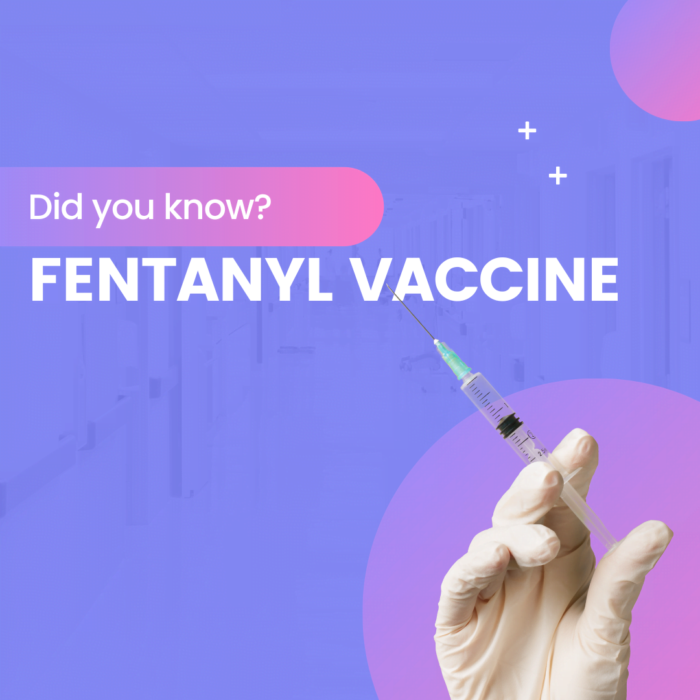Nearly two-thirds of the U.S. population drinks alcohol regularly, and, consequently, four million adults are identified as having some form of liver disease, as stated by the Centers for Disease Control and Prevention (CDC). Liver disease is one of the most prevailing and remarkably responsible factors for morbidity and mortality due to alcohol, yet it remains one of the most preventable causes of ill health.
What is Alcohol Cirrhosis?
Liver cirrhosis is the most deliberating form of alcoholic liver disease and a reason of so many deaths and critical illnesses. The disease is often apparent when normal liver tissue is replaced by scar tissue, interrupting the flow of blood through the liver, thus hindering its normal function.
Liver disease plays a silent game, yet the symptoms of the disease are distinctively clear when a person reaches 30 to 40 years of age.
In the initial stages of the disease, liver function becomes compromised and the symptoms become much more noticeable as the disease worsens. Studies suggest that alcohol and hepatitis C may ignite a manifold impact on a person’s risk for cirrhosis and other forms of liver disease.
As liver cirrhosis progresses, people may begin to experience a range of symptoms due to their deteriorating health. Symptoms of cirrhosis may appear in the form of:
- Spider angioma (i.e., spider-like blood vessels under the skin’s surface)
- Reduced appetite or a considerable change in weight
- Weakness
- Easy bruising or bleeding
- Jaundice (yellowing of the skin or eyes)
- Itching of skin
- Light colored or blood in stool
- Swollen legs
Read this Related Article: “5 Signs You May Be an Addict/Alcoholic“
Rising Liver Cirrhosis in Young People Due to Alcohol Abuse
Liver cirrhosis due to alcohol has been on the rise in the U.S. since 2009. People aged 25 to 34 years old have experienced a considerable expansion in the number of deaths due to alcohol-driven cirrhosis. According to the American Liver Foundation (ALF), 10 to 20 percent of heavy drinkers will develop cirrhosis during their lifespan.
Along similar lines, a study published in the journal JAMA Psychiatry was conducted in 2017 to assess the high risks of drinking on the liver, particularly in women. The authors of the study defined high-risk drinkers as women who consumed four or more drinks in a day or men who consumed five or more drinks in a day.
The results demonstrated an increasing trend in alcohol abuse and problem drinking in the U.S. since the early 1990s. From 1992 to 2013, they found there was a considerable jump in high-risk drinking during this time frame, represented by an increase of approximately 30 percent – an increase of nearly 58 percent for women and 65 percent for older adults.
In addition, alcohol use disorders (i.e., alcohol abuse and dependence) more than doubled in older adults and increased by 83.7 percent in women. Due to the unprecedented rise in alcohol intake and alcohol-related problems in women, the researchers warned women to be more vigilant of their alcohol intake as they are highly susceptible to experiencing adverse reactions, including death, injury and disease due to their alcohol use.
Managing Liver Cirrhosis
The swift increase in alcohol-led mortality rates points towards new challenges in addressing preventable liver disorders among young people. Although the treatment for cirrhosis differs with the causal agent and the level of loss, lifestyle changes or pharmacological treatment is a must for recovery. Inhibiting further loss and minimizing the complications due to liver cirrhosis is the primary aim of treatment for alcoholic liver cirrhosis.
It is typically recommended that those who develop live cirrhosis due to alcohol engage in regular exercises, eat a healthy diet, limit their intake of salt, and take any prescribed medications, supplements, vaccinations, etc. It is also highly important for people who have liver cirrhosis to refrain from alcohol consumption altogether as it is the foundation to stop the further advancement of the disease.
Alcoholism Treatment Programs at AKUA Mind & Body
Alcoholism is a distempering problem worldwide, especially in America where millions of people have broken down due to the disease. Six people died in the U.S. every day between 2010 and 2012 due to alcohol poisoning or heavy drinking within a short time span, per the Centers for Disease Control and Prevention (CDC). Although alcoholism is a deadly, lifelong, and severe condition, one can remarkably reverse its effects through proper treatment.
AKUA Mind & Body offers three levels of care for addiction treatment: detox, residential treatment, and an intensive outpatient program (IOP). Our treatment programs for alcohol abuse and dependence are tailored to meet clients’ specific needs and include a combination of holistic and evidence-based treatments, aligned with our East-meets-West approach. If you or someone you know is dealing with an alcohol use disorder and is keen to get treatment, you can contact our confidential Admissions Line at 833-AKUA-NOW.
References:
- https://www.cdc.gov/nchs/fastats/liver-disease.htm
- https://www.bmj.com/content/362/bmj.k2817
- https://liverfoundation.org/for-patients/about-the-liver/diseases-of-the-liver/alcohol-related-liver-disease/
- https://www.npr.org/sections/thetwo-way/2017/08/10/542409957/drinking-on-the-rise-in-u-s-especially-for-women-minorities-older-adults
- https://www.cdc.gov/alcohol/fact-sheets/alcohol-use.htm
24/7 ADMISSION HELPLINE 888-629-6707




